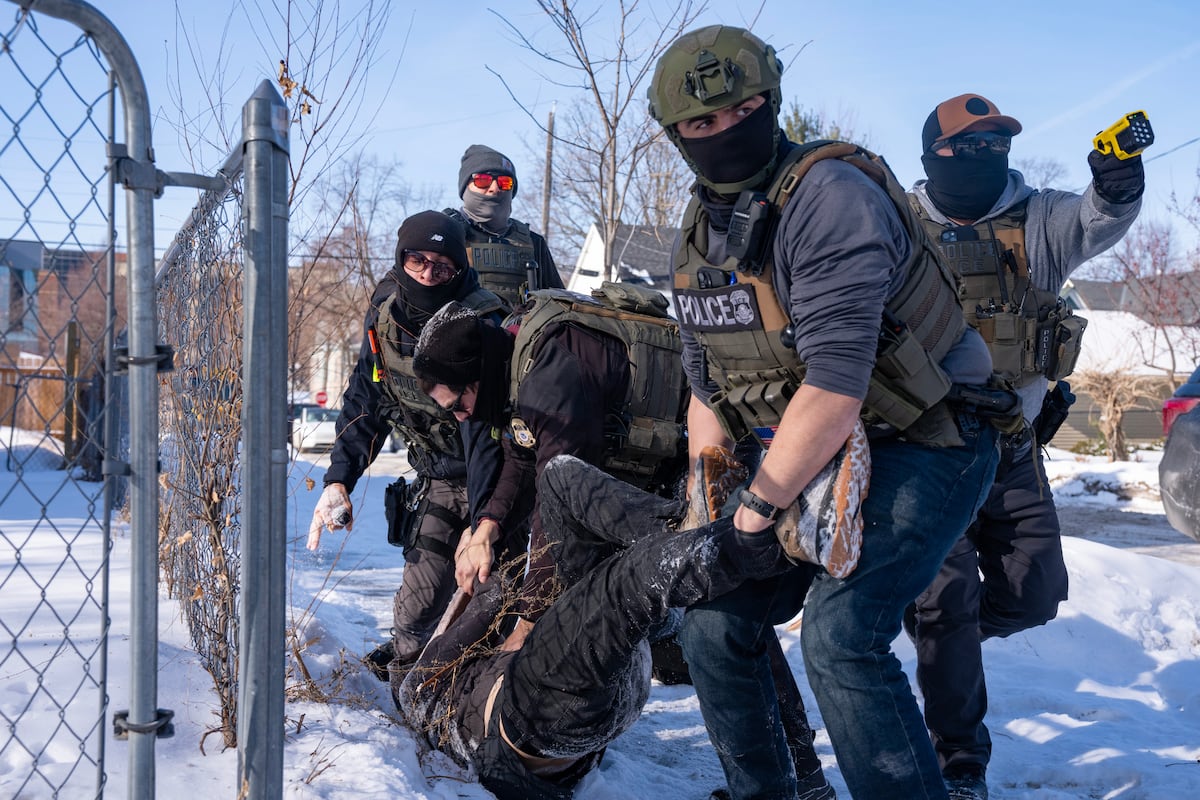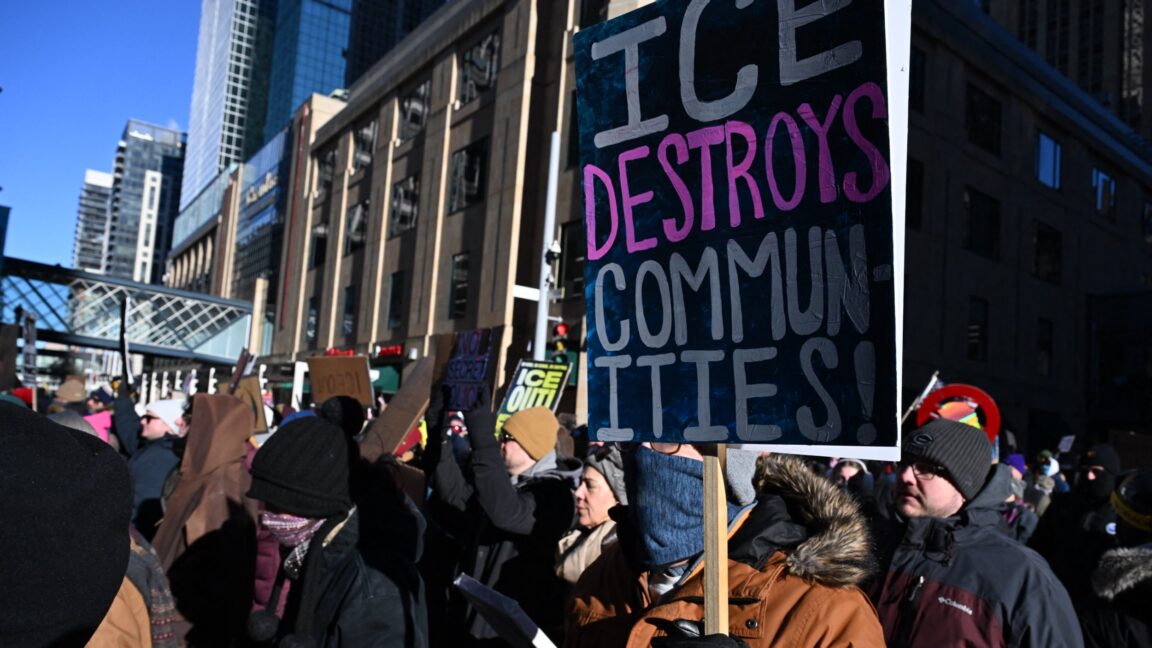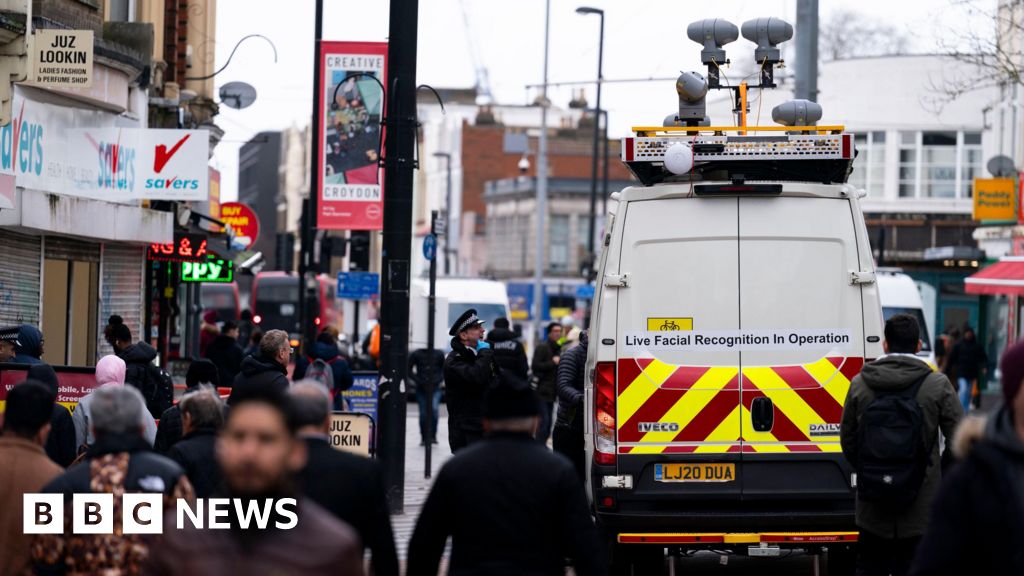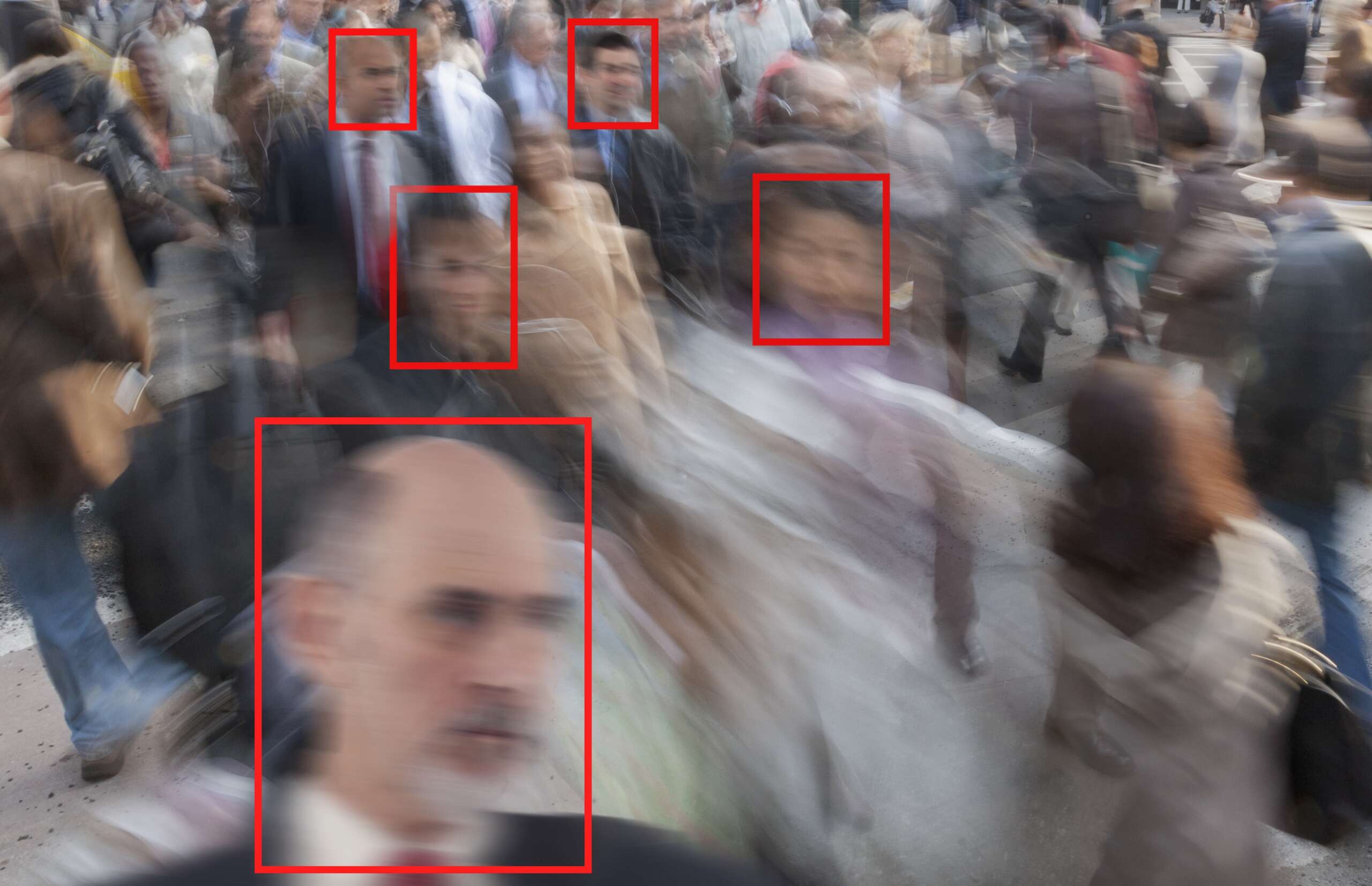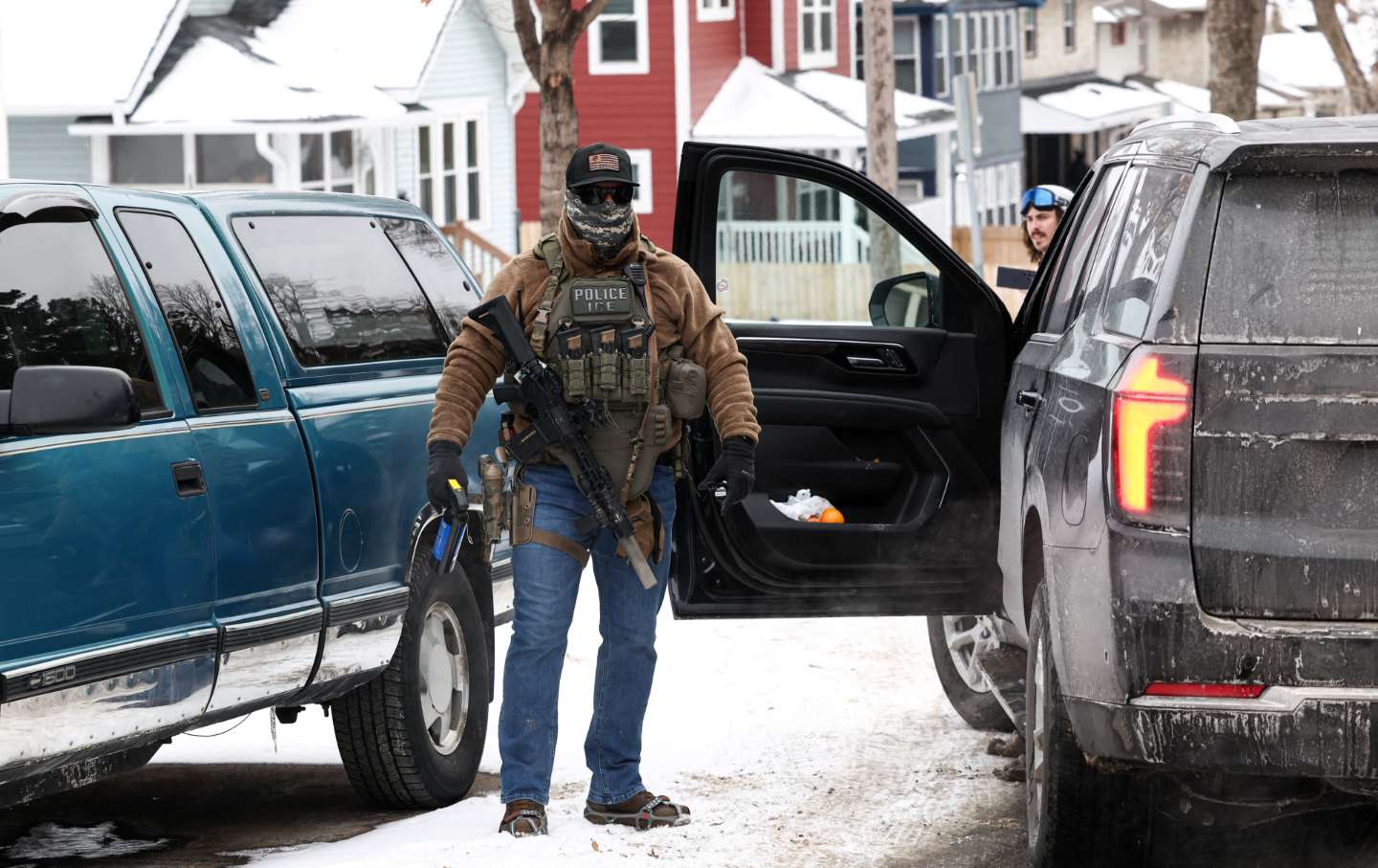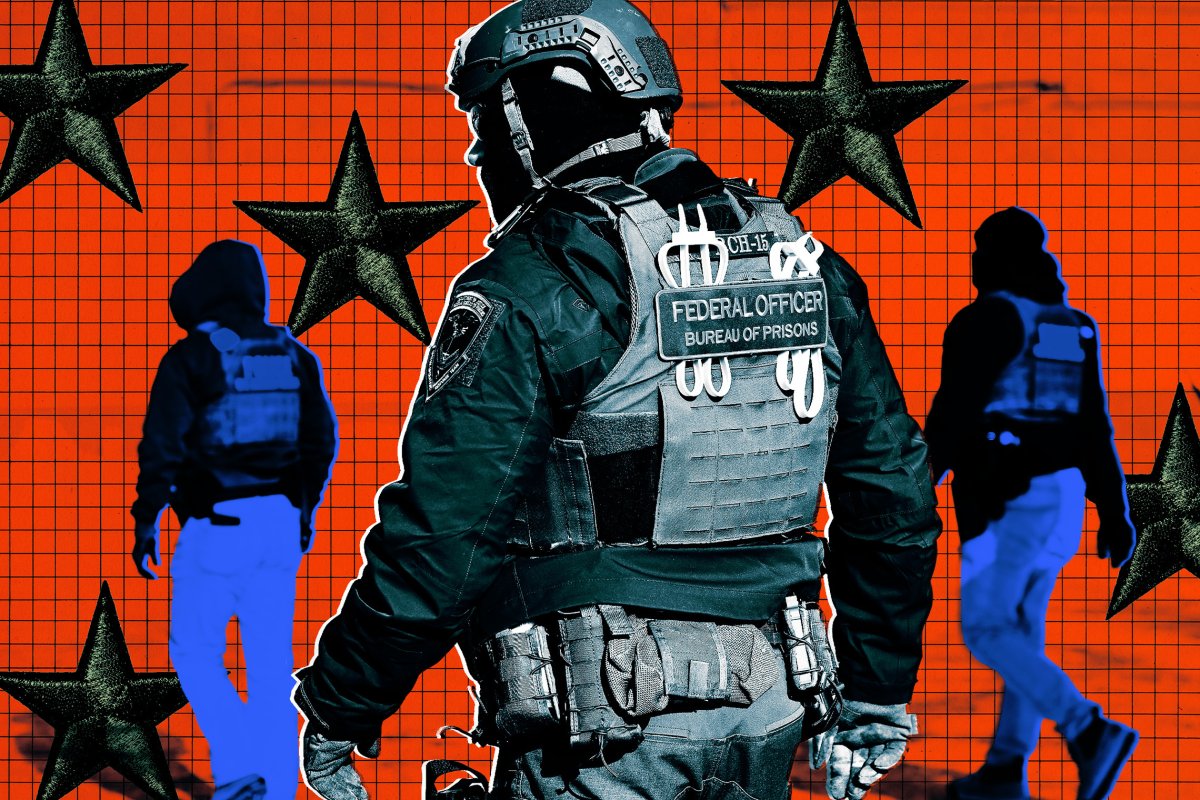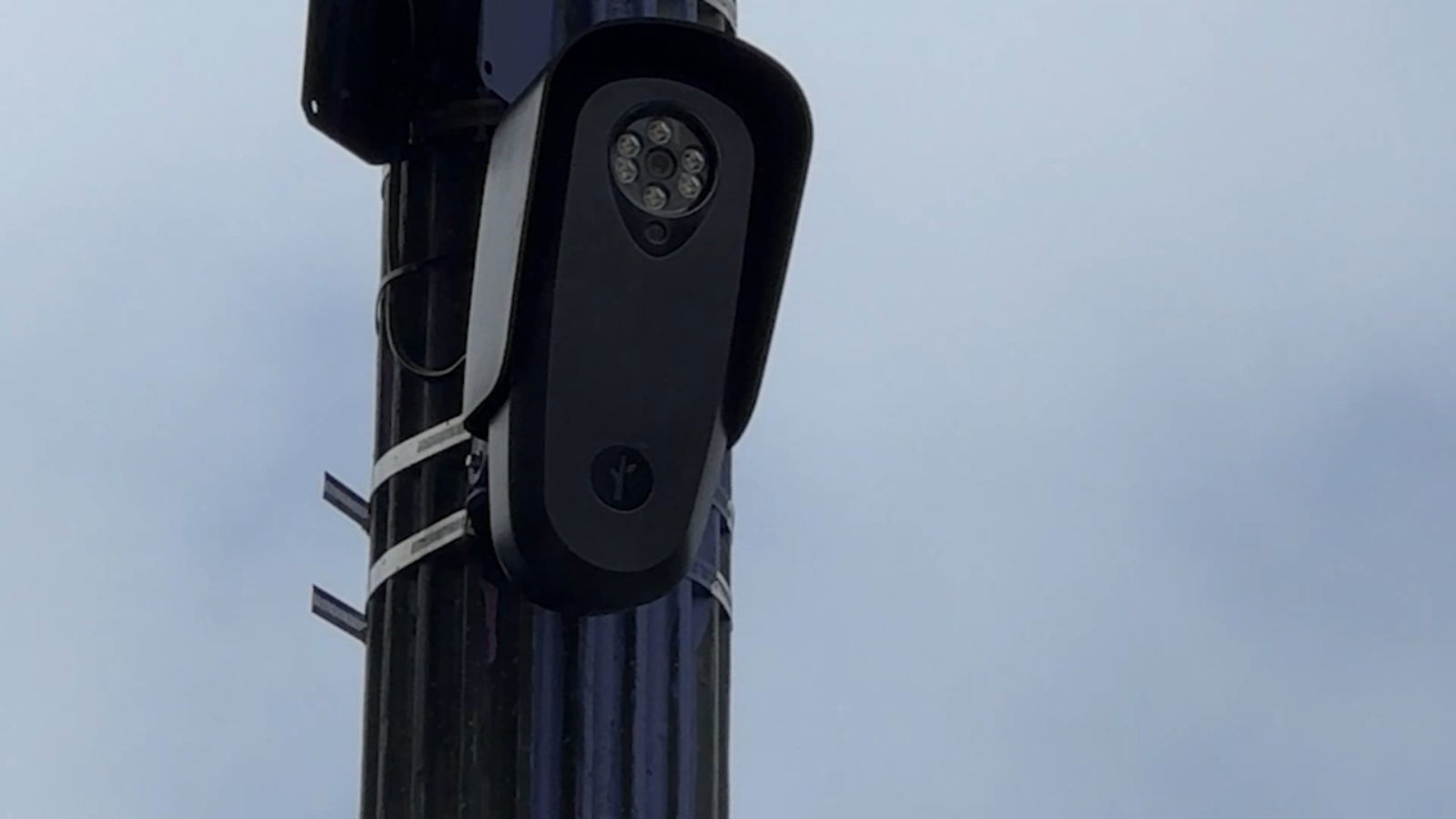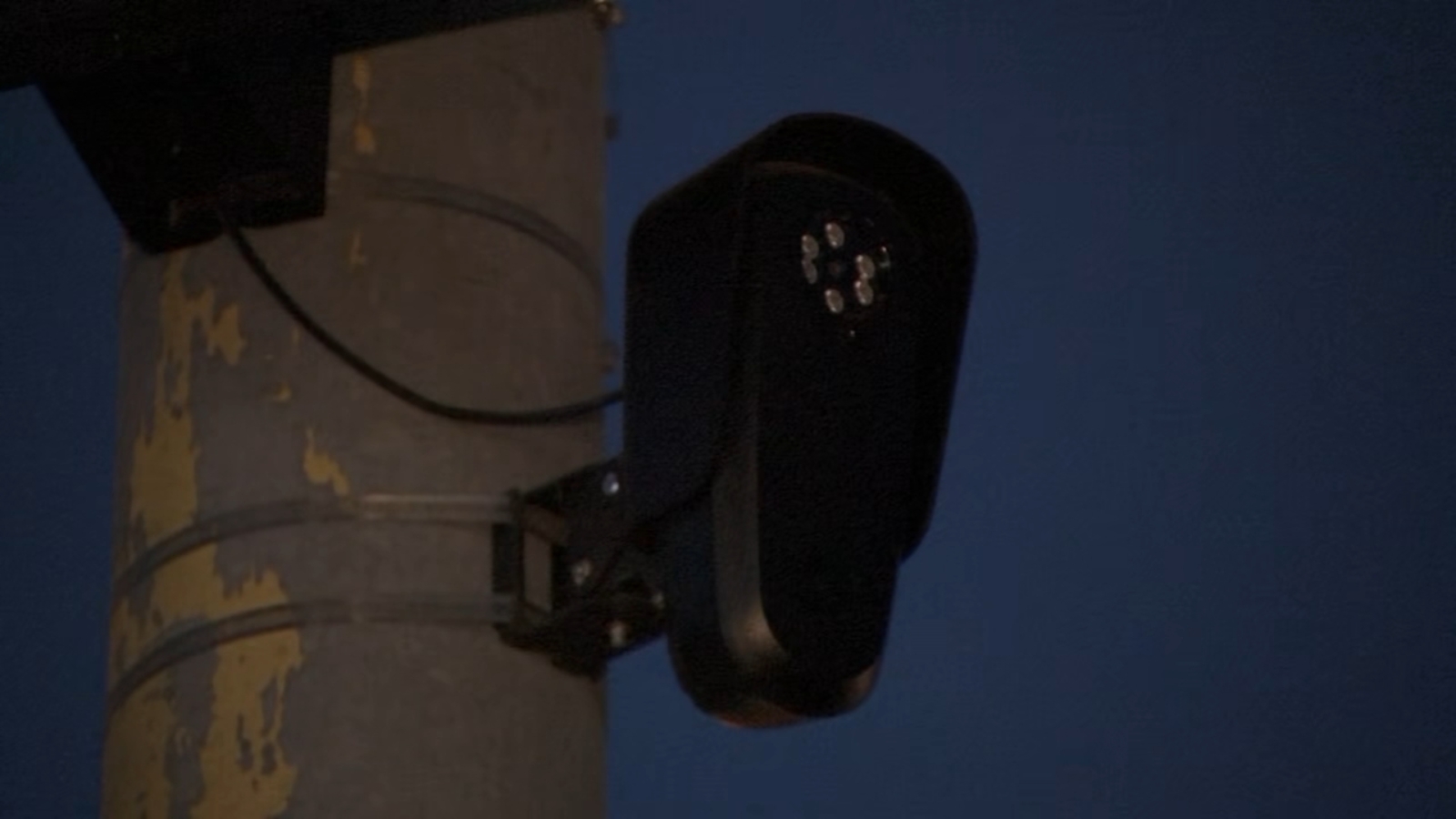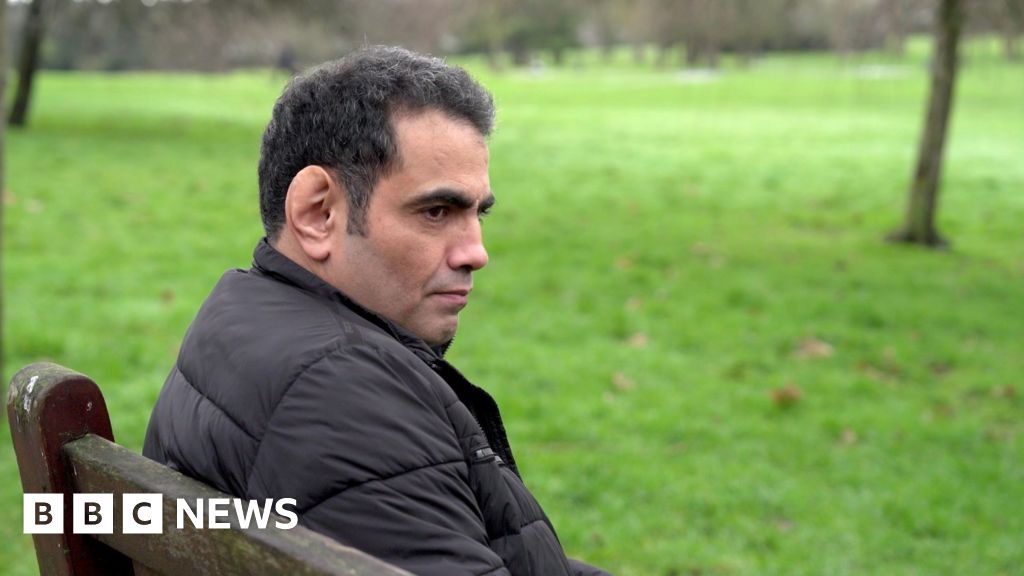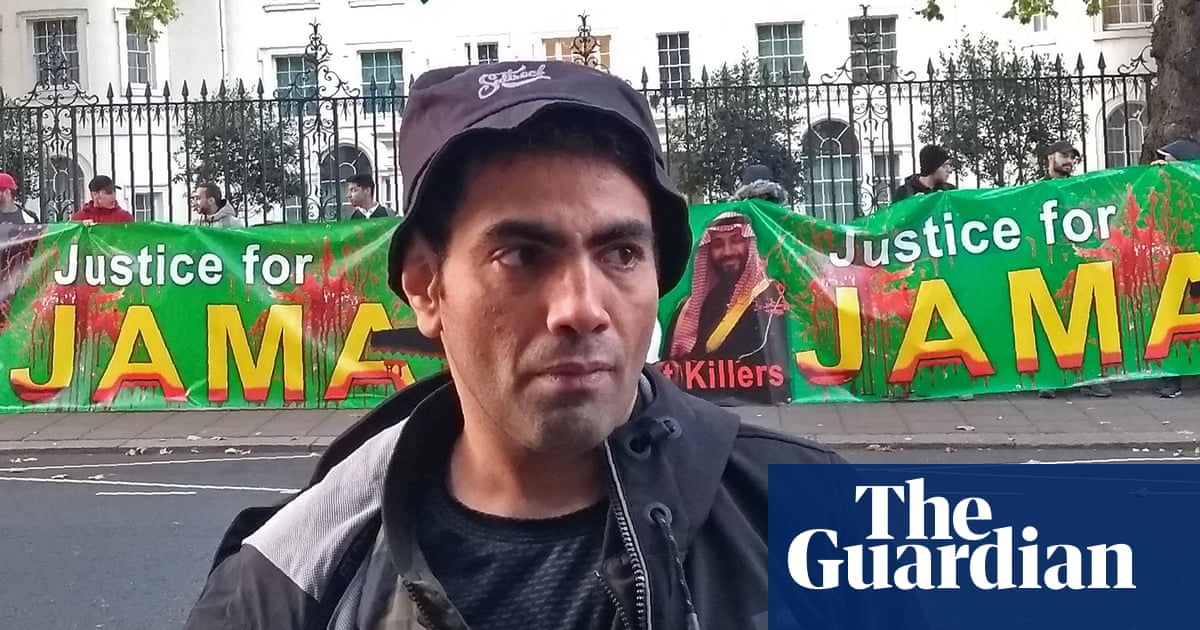#surveillance
#surveillance
[ follow ]
#privacy #ring #ice #facial-recognition #civil-liberties #flock-safety #immigration-enforcement #law-enforcement
fromInside Higher Ed | Higher Education News, Events and Jobs
1 day agoDon't Record What You Don't Want to Have to Watch
I assume that it's intended to provide ammunition to go after disfavored faculty and/or to instill such a chill on campus that nobody would dare to say anything provocative in the first place. Whether those motivations are locally held or are meant to keep the university below the radar of certain culture warriors, I don't know. The effects are the same either way, and they're devastating to the mission of a university.
Higher education
Privacy technologies
fromElectronic Frontier Foundation
2 days agoDiscord Voluntarily Pushes Mandatory Age Verification Despite Recent Data Breach
Discord's new age inference and verification system imposes teen-account restrictions and forces ID or face scans, raising censorship and surveillance risks.
US politics
fromNextgov.com
2 days agoFBI gathered intelligence on reporters, religious orgs using 'assessment' authority, watchdog report says
FBI assessments examined over 1,000 journalists, religious groups, politicians and others using intelligence tools without needing a criminal predicate or warrant-level evidence.
Information security
fromTechCrunch
3 days agoDOJ says Trenchant boss sold exploits to Russian broker capable of accessing 'millions of computers and devices' | TechCrunch
A former Trenchant executive stole and sold eight hacking tools enabling potential global surveillance and cyberattacks, pleaded guilty, and faces prison, fines, and restitution.
Law
fromBusiness Insider
3 days agoJeffrey Epstein and Brad Karp worked together to surveil woman's alleged 'extortion' attempt
Brad Karp and Jeffrey Epstein coordinated surveillance and law-enforcement pressure regarding a woman who allegedly demanded $100 million from Leon Black, involving Nardello & Co.
fromwww.mediaite.com
4 days agoVery Odd': Trump FBI Alum Dan Bongino Highlights Strange Aspects of Guthrie Suspect Video
Well, I see a lot of things. There seems to be at some point, you know, familiarity with the area. If you notice when he walks up, he has his head down. Maybe he thinks there's some surveillance camera outside he's missing, but then he seems if you look, he seems surprised I see it playing right now he seems like he's going to knock on the door, and then seems surprised by the presence of that doorbell camera right there.
Law
fromFuturism
6 days agoThe Department of Homeland Security Is Demanding That Google Turn Over Information About Random Critics
"Don't play Russian roulette with [this man's] life," Jon told lead DHS prosecutor, Joseph Dernbach, in the email. "Err on the side of caution. There's a reason the US government along with many other governments don't recognise the Taliban. Apply principles of common sense and decency." Five hours later, per WaPo, Jon received a response - not from Dernbach or the DHS, but from Google.
Privacy professionals
fromWashingtonian - The website that Washington lives by.
2 weeks agoHe Was Jailed Because an Algorithm Misidentified His Face. Now His Photograph Hangs in the Smithsonian. - Washingtonian
The National Portrait Gallery is Jared Soares's favorite museum. It's just a few Metro stops away from the photographer's home in Northeast DC, and he says he's visited dozens of times to admire the works from his favorite artists. But Soares's next visit will be different. The second floor of the gallery now features Soares's award-winning photograph, Misidentified by Artificial Intelligence: Alonzo and Carronne (2023).
Photography
fromEmptywheel
2 weeks agoWarrants for Innocent People Are Not Like Warrants for Suspects
As you know, Section 215 authorities are not interpreted in the same way that grand jury subpoena authorities are, and we are concerned that when Justice Department officials suggest that the two authorities are 'analogous' they provide the public with a false understanding of how surveillance is interpreted in practice.
fromEmptywheel
2 weeks agoThe FBI: Now, with 48% More Domestic Surveillance ... but No Banksters
The FBI produced a self-congratulatory report of the changes they've made since 9/11. It describes the FBI's new intelligence focus. It boasts that it has a functional computer system (which for the FBI is an accomplishment) and 10,200 SCI work stations. Oh, and it proclaims with joy that the FBI has had a 48% growth in surveillance teams and capacity since 9/11. Let us rejoice in the proliferation of domestic spying!
Information security
fromEmptywheel
2 weeks agoI Con the Record Admits All This Spying Also Serves Counterintelligence
The Intelligence Community uses online anonymity and networking tools to collect foreign intelligence, including counterintelligence and cybersecurity, while asserting legal limits on targeting US citizens.
Privacy technologies
fromFuturism
2 weeks agoThe Worst People Alive Are Obsessed With Meta's Video Recording Glasses
Smart glasses enable stealthy recording that amplifies harassment, privacy violations, and exploitative social-media stunts, empowering creeps like pickup artists and content creators targeting vulnerable people.
fromComputerworld
2 weeks agoHappy Data Privacy Week from Apple
Data gathered from smartphones enables service providers to infer a wide range of personal information about their users, such as their traits, their personality, and their demographics. This personal information can be made available to third parties, such as advertisers, sometimes unbeknownst to the users. Leveraging location information, advertisers can serve ads micro-targeted to users based on the places they visited. Understanding the types of information that can be extracted from location data and implications in terms of user privacy is of critical importance,
Privacy professionals
World news
fromwww.theguardian.com
3 weeks agoJordanian authorities used Israeli spyware to surveil pro-Gaza activists, report finds
Jordanian authorities used Israeli Cellebrite forensic tools to extract extensive data from activists' mobile phones, likely breaching international human rights obligations.
fromElectronic Frontier Foundation
3 weeks agoThe Worst Data Breaches of 2025-And What You Can Do | EFFector 38.1
We're diving into these data breaches and more with our latest EFFector newsletter. Since 1990, EFFector has been your guide to understanding the intersection of technology, civil liberties, and the law. This latest issue tracks U.S. Immigration and Customs Enforcement's (ICE) surveillance spending spree, explains how hackers are countering ICE's surveillance, and invites you to our free livestream covering online age verification mandates.
Privacy professionals
fromInverse
3 weeks agoPeacock Just Quietly Released The Quirkiest Spy Thriller Of The Year
The Cold War was largely an exercise in futility. Soviet spies surveilled American agents embedded in Russia; said American agents knew they were being stalked, recorded, and quietly threatened. Stateside, it was the same game of paranoia - and in the end, it's hard to say what actual fruit was borne of it. That irony is the one thing - maybe the only thing - that Ponies understands intimately.
Television
World news
fromwww.aljazeera.com
3 weeks agoIndia is profiling Kashmir mosques, raising new surveillance fears
Police in Indian-administered Kashmir are distributing detailed profiling forms for mosques and madrasas, collecting institutional and personal data, raising fears of surveillance and control.
fromwww.theguardian.com
4 weeks agoAside from creepy surveillance, what are consumer-ready' service robots actually for? | Samantha Floreani
As though exercising my corporeal form wasn't trial enough, now robots? Who in their right mind would want a walking, talking surveillance machine inside their home? The privacy invasion required for such robots to function goes far beyond your smart speaker listening into your conversations, your automatic pet feeder capturing footage, or your Roomba mapping the inside of your home and sharing it with Amazon.
Artificial intelligence
fromElectronic Frontier Foundation
4 weeks agoReport: ICE Using Palantir Tool That Feeds On Medicaid Data
Now we have the first evidence that our concerns have become reality. "Palantir is working on a tool for Immigration and Customs Enforcement (ICE) that populates a map with potential deportation targets, brings up a dossier on each person, and provides a \"confidence score\" on the person's current address," 404 Media reports today. "ICE is using it to find locations where lots of people it might detain could be based."
US politics
fromwww.amny.com
4 weeks agoQueens murder suspect cuffed: South Carolina man booked for shooting ex-girlfriend in ambush at her home amNewYork
Detectives arrested on Thursday the man they say allegedly followed his estranged girlfriend from South Carolina to Queens and shot her dead at her home last summer. According to police sources, 23-year-old Deovryion Ray was extradited to New York after previously being cuffed in his home state on an assault charge. He was subsequently brought to the 115th Precinct stationhouse in Jackson Heights, where he was ultimately charged with the murder of 21-year-old Dashanna Donovan.
US news
fromComputerworld
1 month agoIndia could grab for iPhone source code - or worse
Almost 20 years ago, Apple CEO Steve Jobs announced the iPhone as "an iPod, a phone, an internet communicator." The world swooned at the time because that one device was all those things, and more. Today it is our wallet, our identity, our social media, our likes, dislikes, fitness levels, bank accounts, as well as our personal, sexual, and political identity.
Privacy professionals
fromBrownstoner
1 month agoMTA Explores How to Use AI to Monitor Thousands of Cameras
"There's interest across the board," Michael Kemper, MTA chief security officer, told THE CITY. "It's not only coming from the MTA, but from the business world, the AI business world, in working with us."
Artificial intelligence
[ Load more ]








